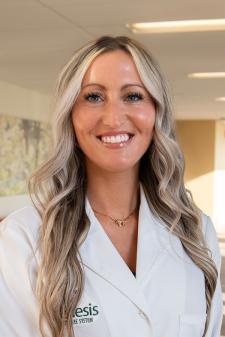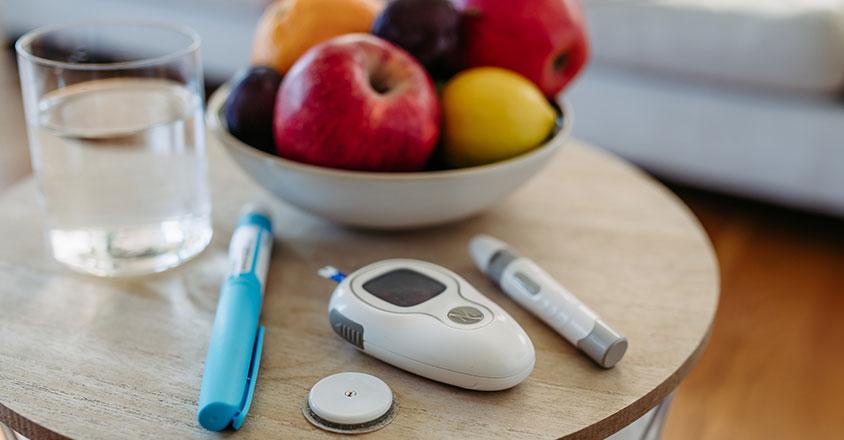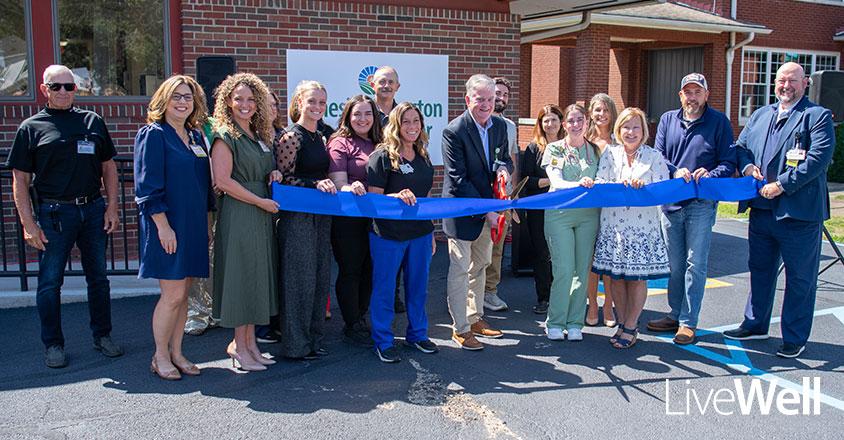Oluwole, Michael O.
945 Bethesda Dr
Ste 230
Zanesville, OH 43701
United States
Michael Oluwole, M.D., MHS, with Genesis Pulmonary/Critical Care Specialists, specializes in pulmonary/critical care medicine. Dr. Oluwole completed a fellowship in pulmonary and critical care medicine at the University of Rochester, Rochester, New York. He completed his internal medicine residency and earned his doctor of medicine and master of health science degrees at Meharry Medical College in Nashville, Tennessee. Dr. Oluwole is board-certified in internal medicine by the American Board of Internal Medicine. He is a member of the American Thoracic Society and the American College of Chest Physicians.
2022 - 2025 Strong Memorial Hospital of the University of Rochester, NY
2015 - 2019 Meharry Medical College
2019 - 2022 Meharry Medical College
Internal medicine

Michael Oluwole, M.D., MHS, Specializes in pulmonary/critical care medicine.
945 Bethesda Dr
Ste 230
Zanesville, OH 43701
United States





